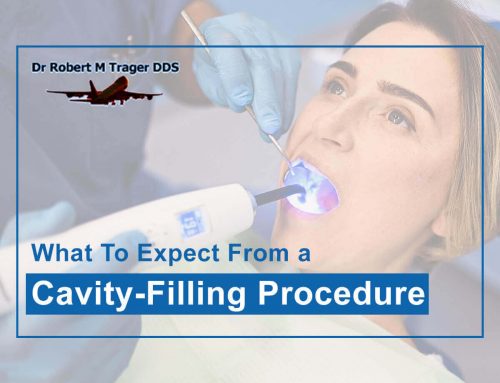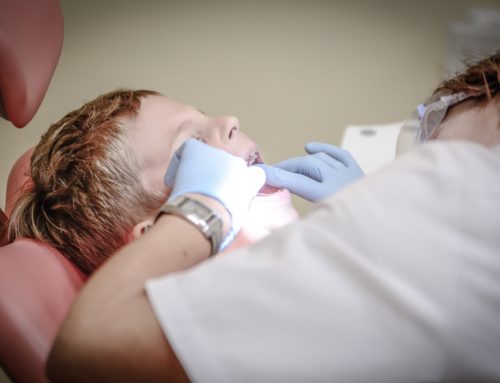
Avoiding unhealthy things like smoking helps
Genetics may play a very big part in determining likelihood
One can go from mild gingivitis to periodontal disease pretty quickly. That can then mean the need for procedures like scaling and root planing, among others. It can be time-consuming and costly.
It’s something that people would prefer to avoid. What are some ways to prevent periodontal disease? It’s not tremendously complicated.
Proper Oral Hygiene
The number one lines of defense against periodontal disease is in the patient’s bathroom. It’s their toothbrush, toothpaste, dental floss and their mouthwash.
First, properly brushing their teeth at least twice a day, using either a soft-bristled manual toothbrush or an electric one, for two minutes each time. They shouldn’t brush too hard – that could lead to irritation and the wearing down of tooth enamel.
Second, there’s flossing. This is the part that a lot of people skip over, figuring that brushing is enough. That’s not the case, since there are things that even electric toothbrushes can miss. Proper flossing can get rid of the minute food particles that can get stuck between tooth and gums.
Third, this is another that gets neglected – there’s rinsing out one’s mouth with mouthwash. Doing this can help rid it of any lingering food particles and a large percentage of dangerous bacteria. It’s impossible to fully get rid of the bacteria since every mouth has some.
Proper Health Habits
It takes more than just toothbrushing, flossing and mouthwash rinsing to help stave off periodontal disease. It’s also about taking care of oneself too. That means not doing things like smoking or using chewing tobacco, both of which can be damaging to teeth and gums if done often.
Proper Dental Maintenance
This is not like the oral hygiene one mentioned above. Instead, this refers to going to see a dentist at least twice a year. If there has been serious gum disease, the dentist or specialists may even want to see them every three months until the patient has shown that they are on the right track with their oral hygiene.
The reason for the twice-yearly visits are so that the dentist or specialist has the best chance to catch potential issues like gingivitis very early on to keep it from getting worse and requiring more dental work and possible tooth replacement or more.
Another thing that can be done is to have certain assessments done. A periodontist can examine the bite pattern of a patient, look over their genetic history and see what the likelihood of periodontal disease is.
Dr. Robert Trager has helped many patients with periodontal issues over the course of his career. He will gladly show many more how to prevent the need for more services





